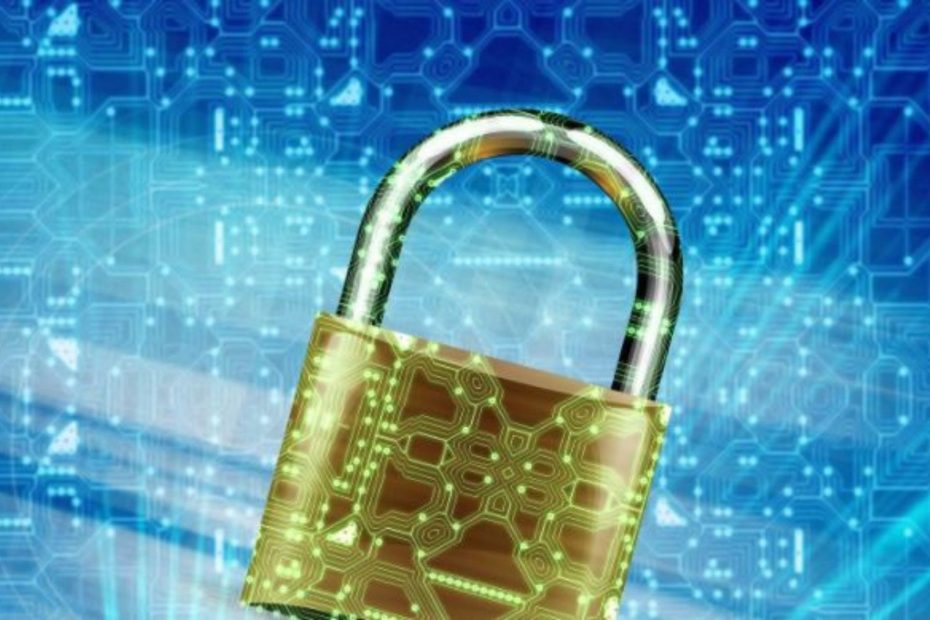Are you one of those people that thinks you have nothing to hide online? You are wrong. Data privacy online is one of the most pressing concerns of the 21st-century. More and more of your life is ending up online. Some of it is fine for other people to see, and other parts are definitely not.
We all enjoy sharing information with our friends. This is not the type of data privacy we really need to look at. What we need to look at are the times when you are sharing data which is going to be used by cybercriminals to steal your identity, your money, and your accounts.
Important data privacy to consider
Think about the past month. How many times have you entered your:
- Whole name
- Home address
- Telephone number
- Birthdate
- Place of employment
Just to download a simple document? If the answer is more than zero, it probably is too many times. Not only is this information valuable to a hacker, it is also valuable to a stalker. Do you still have nothing to hide? Your family? Your friends?
Here’s another thing to think about: How many times have you clicked on an end user license agreement without reading it? Probably every time. What about the apps on your devices, do you know what they have access to? There are some apps out there with serious data privacy issues.
Why you need to actively protect your data privacy
Anonymization and the Future of #DataScience: https://t.co/kxECPtm6ro #BigData #DataPrivacy #AI4socialgood #AI #ML #GDPR via @kdnuggets pic.twitter.com/NwY3zG1Ttw
— Kirk Borne (@KirkDBorne) April 13, 2017
There are many risks to ignoring your data privacy. This is especially true if you have kids who become engrossed in an app and completely ignore anything related to data privacy.
This is the biggest reason why you, and policymakers, need to stand up for data privacy at all times. It’s not about you and whether or not you personally have something to hide. It is about those who are vulnerable.
What cybercriminals want
The reason why you need to do this is that cybercriminals violate data privacy because they can make money off it. There is an online black market for stolen data across the globe. The type of information they like to steal includes:
- Mobile phone numbers
- Email addresses
- Login details
- Credit cards
- IP addresses
- Online gaming logins
These may seem inconsequential to you. But once they are collected and exploited in the right way, they can violate your privacy in the real world.
The easiest way to have data privacy
Getting true data privacy starts with not sharing information. If the data is not created online, it cannot be stolen. Now let’s look at some more complex options for data privacy:
- Know what you’re getting: Before you purchase anything that connects to the Internet, download an app, or sign up for a new account, you have to look at the information that is being asked for. That new game that’s just a rip off of Tetris, do you really need to give it access to everything or can you just go play Tetris?
- Use a VPN: To put it simply, a
VPN will protect your online activity by hiding your IP address and encrypting everything you do. Hiding your IP address would be a big enough advantage. But this encryption, especially on the public Wi-Fi, is a godsend. - Account settings: Social media sites allow you to adjust how much of your data they take. Be sure to adjust these for the best possible data privacy. This also applies to online shopping and banking accounts.
- Cleanup: Do you still have your MySpace account active? It might be time to delete it. If you want to keep it up for posterity, be sure to minimize the amount of information that can be found there. Delete your emo hair pictures, at least… On a serious note, this applies to all of your online accounts that you do not use anymore.
Please click the links provided in this article if you do not understand what you need to do. Each one is its own article unto itself. Pick and choose the ones that you need help with, and you will enjoy better data privacy.
